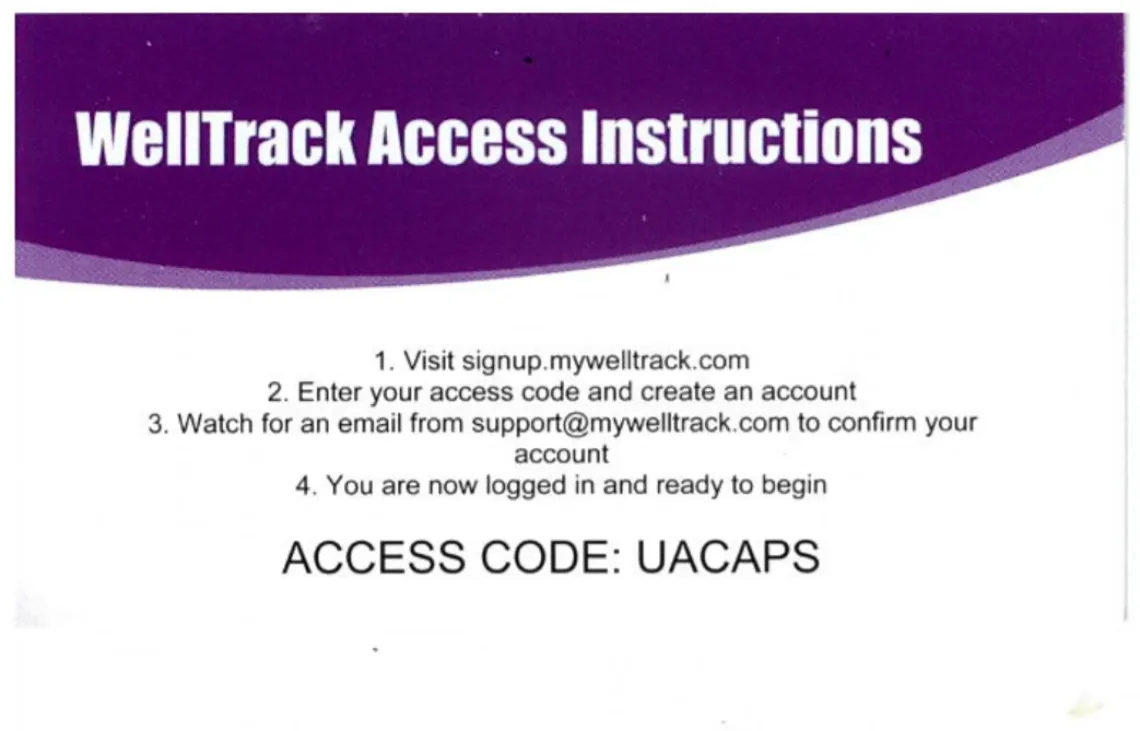Making Mental Health a Priority

By Elizabeth Labiner
Graduate students don’t need a study to tell them they’re under a lot of stress, though several recent studies have focused on precisely that. While the pressures are multitudinous and may at time seem overwhelming, there are a number of campus resources and tools to help graduate students manage and overcome stress. Foremost among these is Counseling & Psych Services (CAPS), which offers psychological counseling and psychiatric services to help students cope with personal problems so that they can successfully achieve their educational goals.
Dr. Marian Binder, Director of CAPS, makes it clear that CAPS is not just for undergraduates; it has multiple elements that are tailored specifically for graduate students. All students can access counseling services, and don’t even need an appointment for the initial visit. Students can choose individual sessions, support groups, workshops, or any combination thereof. Dr. Binder urges students who feel uncertain how to approach improving their mental health to consider starting with a group session or workshop:
We have found that a format which puts folks in contact with peers, as well as a professional counselor/leader can be invaluable in putting issues in perspective and gaining strategies for managing stressors. While individual counseling may seem “better” to some, it is generally more expensive, less readily available and not always as effective for finding timely solutions. We suggest that grad students consider the grad student workshops and other groups that CAPS has available. They can then the decide, or talk to the group leader, about whether individual treatment seems like a needed next step.
One such upcoming workshop that may be of particular interest to graduate students is Stress Management in Graduate School. This workshop is on Tuesday, November 14, at 5:00 pm in the La Aldea Community Room.
Of course, Dr. Binder adds, “there is not a one-size-fits-all solution, or an answer that will speak to everyone’s concerns.” The variety of problems students experience, however, is met with an array of tools. In addition to the aforementioned options, CAPS offers a Therapist Assisted Online (TAO) counseling program, as well as an online interactive self-help therapy program called WellTrack, which has an online component and an app. These options, Dr. Binder points out, might be attractive to a graduate student who worries about running into their students at the CAPS offices.
Dr. Binder highlights that CAPS is not designed to be a long term therapy setting. She explains, “We try to be accessible quickly and provide strategies for management of life concerns, as well as referrals for more intensive treatment, when indicated. Most people find that they can start feeling more in control and able to manage things more quickly than they had anticipated.”
She also encourages graduate students to prioritize one or two non-stressful activities or time with supportive friends, and to block out time for this just like setting aside time for work or a class. “There is never extra time left over if you’re a grad student,” says Dr. Binder. “It doesn't have to be a lot of time, just enough to look forward to and remind you about life apart from your thesis or dissertation.”
Whether you manage your mental health on your own, in a group, with an app, with a counselor at CAPS or in the Tucson community, it’s simply important to take the time to care for yourself.
To learn more about CAPS and their programming, visit https://www.health.arizona.edu/counseling-psych-services. To see a list of their support groups and a calendar of upcoming workshops, visit https://www.health.arizona.edu/caps-groups-workshops.
To learn more about WellTrack, see a demo, or sign up, visit http://www.welltrack.com/.

